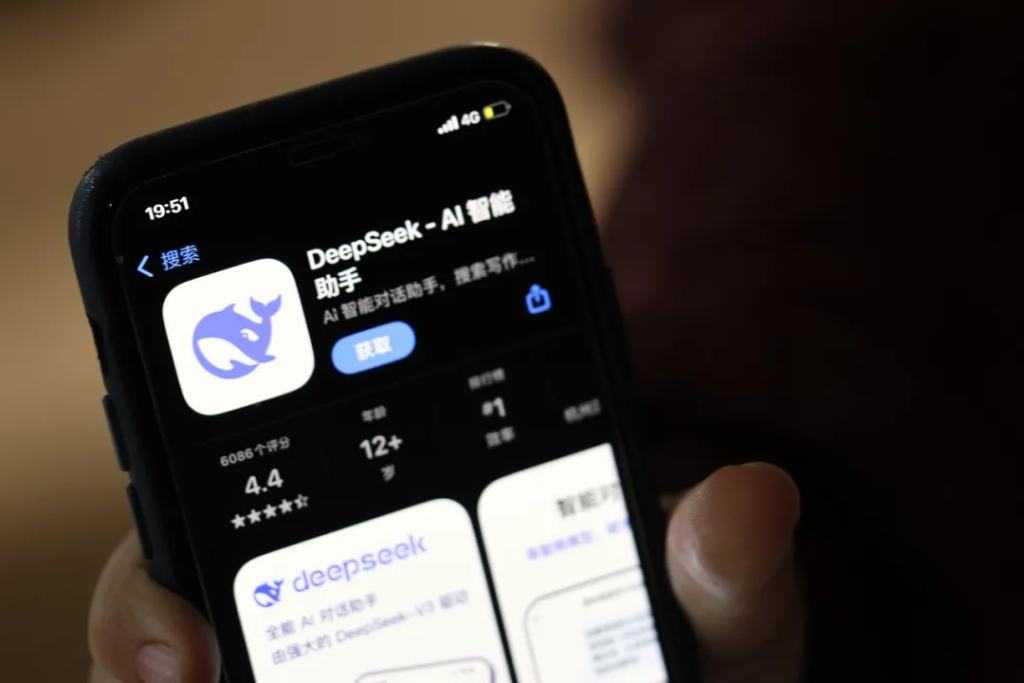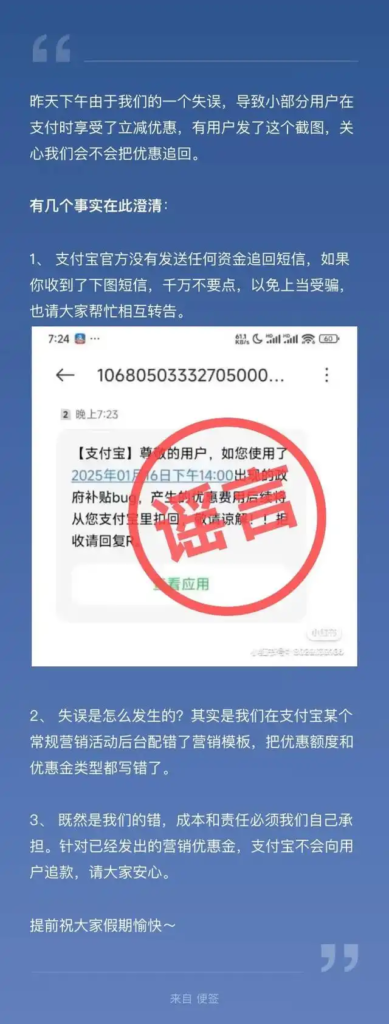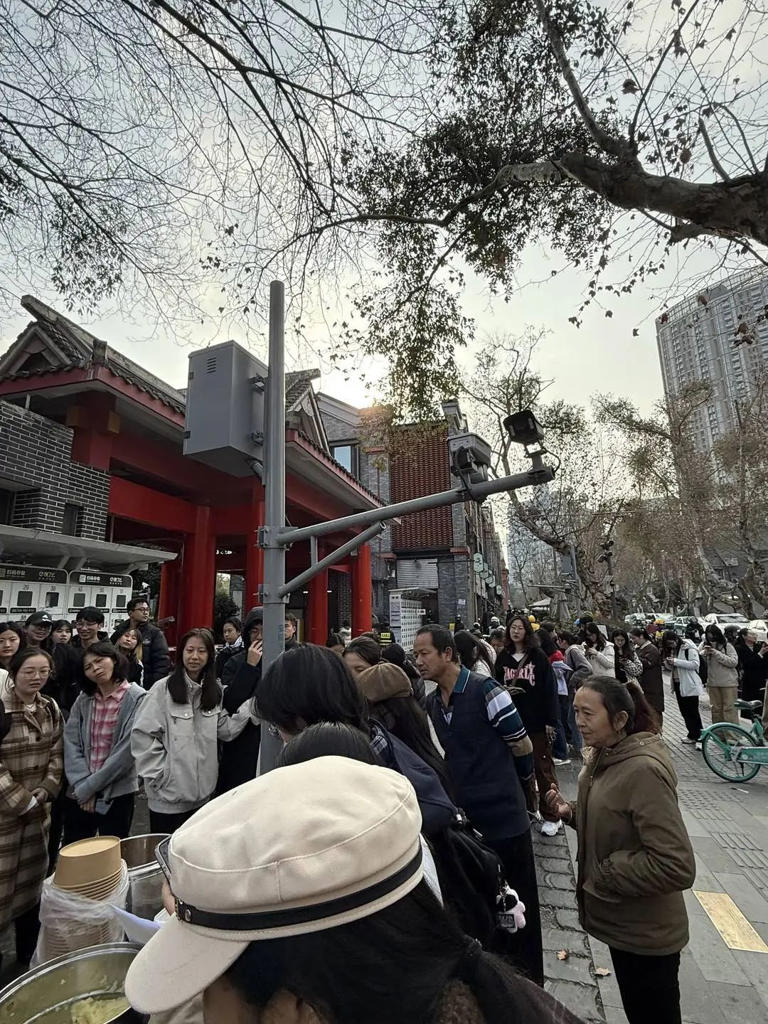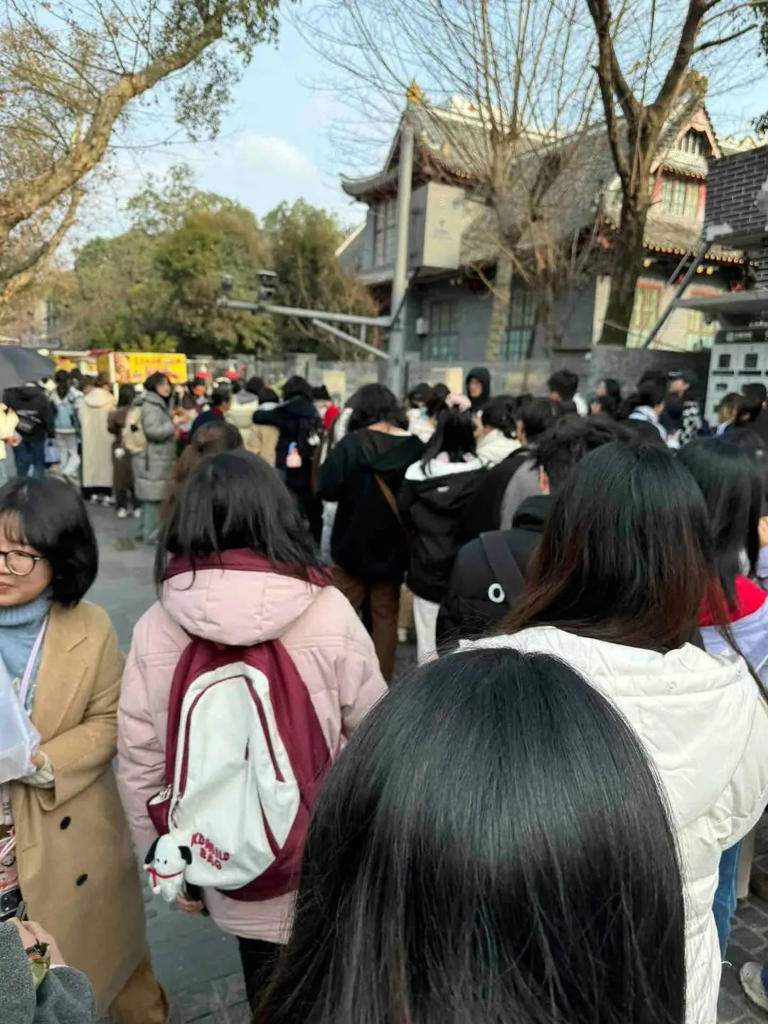According to Beijing Daily, in the early morning of January 30, the second day of the Lunar New Year, Qianxin’s XLab laboratory monitoring found that the attack intensity against the DeepSeek online service suddenly escalated, and its attack instructions increased by hundreds of times compared with January 28. XLab Labs observed that at least 2 botnets were involved in the attack, with a total of two waves of attacks.
Attack orders proliferate more than 100 times
Through the monitoring of DeepSeek for nearly one month, XLab Labs found that the attack pattern has evolved from the initial amplified attack that is easy to be cleaned, to the HTTP proxy attack on January 28 (application-layer attack, which increases the difficulty of defense), and has evolved to a botnet at this stage. Attackers use a variety of attack techniques and methods to continuously attack DeepSeek.
In the early morning of January 30, XLab observed the involvement of 2 Mirai variant botnets in the attack, which involved a total of 118 C2 ports on 16 C2 servers in 2 waves, 1 AM and 2 AM.
“The addition of the botnet indicates that professional fighters have begun to come to an end, which shows that the attack methods faced by DeepSeek have been continuously evolving and complex, the difficulty of defense is increasing, and the network security situation is becoming more and more complex and severe.” Qianxin XLab laboratory safety experts said.
A botnet is a network of devices that are infected and controlled by attackers through malware, and these devices are called “zombies” or “bots”. Attackers send commands to these devices through command-and-control (C&C) servers to perform various tasks, such as launching DDoS attacks on target servers at the same time, continuously increasing the size and intensity of attacks, exhausting the network bandwidth and system resources of the target servers, making them unable to respond to normal services, and eventually paralyzing or interrupting services.
The two botnets used this time are HailBot and RapperBot, which are active all year round, with attack targets all over the world, specializing in providing DDoS services for others.
Among them, RapperBot attacks hundreds of targets on average every day, with thousands of commands during peak periods, and the attack targets are distributed in Brazil, Belarus, Russia, China, Sweden and other regions.
China’s star products have been repeatedly secretly blocked
Soon after the launch of the R1 model, DeepSeek gained widespread attention for its cost-effectiveness, open source, and improved inference capabilities. On Chinese New Year’s Eve, DeepSeek also launched a new model, in which Janus-Pro-7B defeated OpenAI in the benchmark test, and was called the “mysterious power of the East” by many people on the Internet.

Image source: Visual China (data map)
DeepSeek’s success not only sent shockwaves through Silicon Valley, but also made Wall Street nervous. On January 28, the market value of the American chip giant Nvidia evaporated by 590 billion US dollars, or 4.3 trillion yuan, overnight, the Nasdaq Composite Index fell 3.07%, and technology stocks such as TSMC, Broadcom, and Supermicro Semiconductor also suffered a collective plunge. U.S. President Donald Trump said the rise of DeepSeek should be a “wake-up call” for U.S. companies that “need to focus on the competition to win.”
Every time China’s excellent star products or enterprises rise, they will always be secretly blocked by some foreign lawless forces. The last time was after the global launch of “Black Myth: Wukong”, it encountered large-scale attacks by 60 overseas botnets, and since the launch of DeepSeek this time, it has also encountered multiple rounds of attacks, including botnets, and the attack methods have been evolving and complex.
According to the analysis of network security experts, it can be seen from the attacks they have encountered that with the continuous rise of China in the field of science and technology, the malicious attacks of foreign hackers are also increasing. These attacks may not only lead to serious consequences such as service interruptions and data leaks, but may also have a negative impact on China’s scientific and technological image and international competitiveness. Therefore, it is imperative for all businesses to strengthen their cybersecurity protection.
The U.S. Congress office was asked to ban
Many countries have set restrictions on the use of DeepSeek
According to a report by the U.S. Axios news website, the chief executive officer of the U.S. House of Representatives issued a notice to the congressional office, warning the congressional office not to use the services of China’s artificial intelligence application DeepSeek.
“Currently, DeepSeek is under review by the Chief Administrative Affairs Officer, and the House of Representatives has not yet been authorized to officially use the model,” the notice reportedly said. ”
The emergence of this low-cost Chinese artificial intelligence (AI) model threatens the market dominance of US AI leaders such as OpenAI and Google, the report said.
According to a report on the website of Singapore’s “Lianhe Zaobao” on January 29, it is no longer possible to download the application of Chinese company DeepSeek in the Apple and Google app stores in Italy. Italy’s privacy regulator, the Italian Data Protection Authority, said on the 28th that the agency is asking for a clarification on the use of personal data.
TASS reported on January 30 that Ireland’s Data Protection Commission has asked China’s Deep Quest to submit a report on how its AI models use user data.
In addition, Treasurer Jim Chalmers today called on citizens to be cautious when using AI models that Chinese startups are deeply searching for.
According to a report on the website of the “Nihon Keizai Shimbun” on January 30, regarding the generative artificial intelligence (AI) service developed by China’s Hangzhou Deep Quest Artificial Intelligence Basic Technology Research Co., Ltd. (DeepSeek), Japanese Chief Cabinet Secretary Yoshimasa Hayashi said at a press conference on the 30th: ” We have not heard of the Personal Information Protection Committee’s decision to take special measures. He reportedly said, “We will closely monitor trends in international developments related to AI and take appropriate measures.” Regarding generative AI services, Hayashi reiterates, “It is important to promote innovation and address risks at the same time. ”
According to a Reuters report on January 30, on the 30th, the French regulator National Commission on Informatics and Freedoms said on the 30th that it would inquire about Hangzhou DeepSeek Artificial Intelligence Basic Technology Research Co., Ltd. (DeepSeek) in order to understand how the Chinese start-up’s artificial intelligence (AI) system works and possible privacy risks. A spokesperson for the French regulator said: “The AI unit of the National Commission for Information and Freedoms is currently analysing the tool with the aim of better understanding how this system works and whether there are risks in terms of data protection.” ”
ASML, Microsoft and other giants speak out
According to Xinhuanet, Dutch semiconductor equipment manufacturer ASML President and CEO Fukai said on the 29th that for the chip market, the launch of efficient AI models by Chinese artificial intelligence (AI) companies DeepSeek is good news, which will help reduce the cost of AI applications and bring more business opportunities to ASML.
Fukai said at ASML’s latest earnings conference on the 29th, “Anything that reduces costs is good news for ASML”, because lower costs mean that AI can be applied to more scenarios, and more applications mean more chips. ASML’s main business is to provide equipment for chip manufacturing companies.
According to The Paper, Microsoft Chairman and CEO Nadella emphasized that the DeepSeek-R1 model is currently available through Microsoft’s AI platform Azure AI Foundry and GitHub, and will soon be able to run on Microsoft’s AI computer Copilot+ PC. Nadella called DeepSeek “some real innovations” and that the cost of AI is declining.
Meta CEO Mark Zuckerberg said on Wednesday on the company’s fourth-quarter earnings call that DeepSeek’s ability to achieve with relatively little money “only reinforces our belief that this is the right thing to watch.” Zuckerberg noted that “a lot of the new wonders they’ve done are still being digested,” and Meta plans to apply DeepSeek’s advances to Llama.
According to the Financial Associated Press, during the earnings call, Cook was asked about his thoughts on future iPhone models in terms of form innovation, and normally, he would refuse to disclose information about future products, but this time gave an encouraging answer. “I think there’s a lot more to come, the iPhone is far from over, there’s still a lot of room for innovation in smartphones, and I’m incredibly optimistic about our product line,” Cook said. Cook believes that DeepSeek’s AI model represents “innovation that drives efficiency” for Chinese companies. “Overall, I think innovation that drives efficiency is a good thing.”

 Entering China
Entering China



































